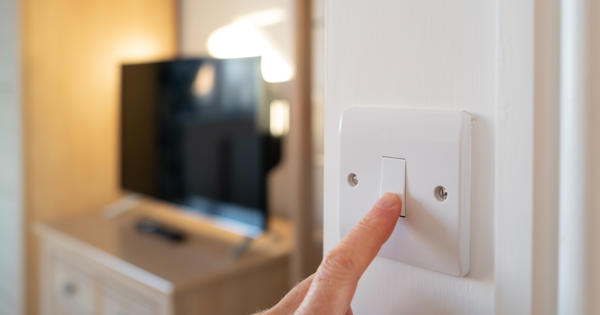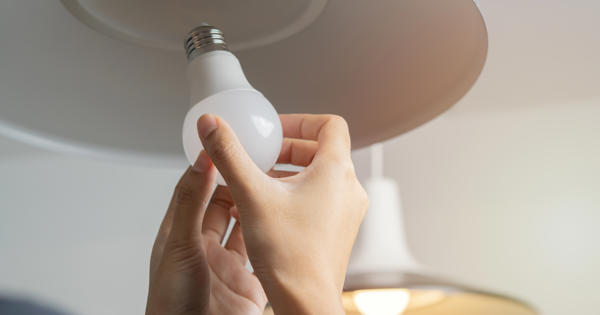It's a good idea to have a torch handy in case your electric goes off.
Check the following:
- If you have a pay as you go meter, check your meter to make sure you're in credit.
- That the street lights and your neighbours have power? If they are working, the fault is likely to be with your home.
- Your fuse box/consumer unit
It's important to know where your fuse box and mains switch are so you're prepared if your electric supply goes off for any reason.
Your fuse box/consumer unit will trip-switches or circuit breakers including RCDs (Residual Current Devices)
- If you have a circuit breaker, check if any switches on the fuse box have turned to the ‘off’ position, and reset them to 'on' (this may mean having to turn the switch to the fully ‘off’ position before turning it back on.
- If a circuit breaker continues to trip or blow, this may be due to a faulty electrical appliance. Unplug all of your appliances from their sockets and then plug in each appliance one at a time and switch it on. This way, if the circuit breaker trips again, you’ll know you've found the faulty appliance. It's best to get this appliance checked by a qualified electrician, or recycle it if it's beyond repair.
- If you can’t find a tripped switch (or similar) in the fuse box, check with your neighbours or National Grid to see if there’s been a power cut.
You should test your smoke alarms every week.
You can do this by pushing the detector button until the horn sounds. If you are elderly or disabled ask a relative, friend or neighbour to do it for you. If the smoke detector sounds a loud continuous sound and you have not pushed the test button, the detector has sensed smoke in the air. The alarm is warning you of a possibly serious situation which needs immediate attention, do not ignore it.
Tips on electrical safety
- Take care in the kitchen – don't leave cooking unattended and keep electrical appliances and leads away from water.
- Faulty appliances are a common cause of house fires - so check your electrical appliances to make sure there’s no evidence of faults, loose or exposed wires.
- Don't overload sockets or daisy chain sockets together (where you plug multiple extensions into each other) – this can be dangerous.
- Avoid running appliances like washing machines, tumble dryers or dishwashers overnight or when you’re out (as you won’t be around to spot any problems). Clean lint from tumble dryers.
- You can register your domestic appliances (LINK) to be the first to find out if any safety issues or recalls affect you. It's easy to do and free.
- Keep soft furnishings away from anything that generates heat.
- Always look for the British or European safety mark on appliances and chargers.
|
|
|





